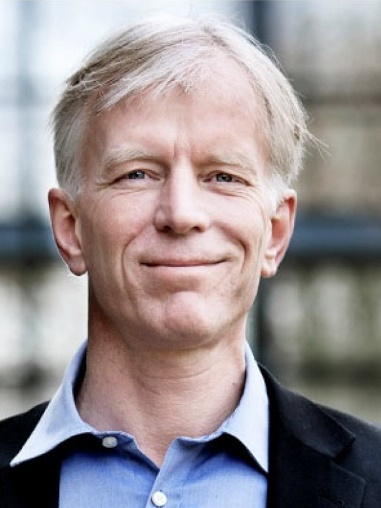

The next generation technology for the development and integrity management of structures

The present lecture first addresses the challenges of the future construction and relate the systemic characteristics of these to present best practices. Thereafter potentials for reducing embedded GHG emissions and improving resilience performances are addressed, in terms of 1) collection and synthetization of observations regarding the performances of existing structures, design codes and standards and 2) new and emerging technologies. Finally, the organizational challenges related to the implementation of new and better practices in the construction sector at global scale are discussed. To this end focus will be directed on how strategies for this may be optimized to ensure that the implementation is adequately robust relative to the uncertainties associated with our present best knowledge about the future effects of global climate change, the volatility in the global market and economy, and not least the reliability of supply chains.

Michael Havbro Faber是丹麦技术科学院院士、丹麦奥尔堡大学教授、哈尔滨工业大学讲席教授、科技部高端外国专家。其长期担任国际结构安全联合委员会(JCSS)主席,是国际公认的基础设施系统可靠性、风险和韧性评估和管理的专家。Faber教授曾是苏黎世瑞士联邦理工大学(ETH Zurich)的终身教授,同时也在许多重要国际学术组织扮演关键角色,包括丹麦研究委员会(Danish Research Council)委员、达沃斯全球风险论坛的专家等。Faber教授也是多个国际学术组织创始主席以及多本领域顶级学术期刊编委;其是国际结构可靠性通用标准《ISO 2394: 2015 General Principles on Reliability for Structures》的召集人,也是JCSS多本标准的主要起草人。